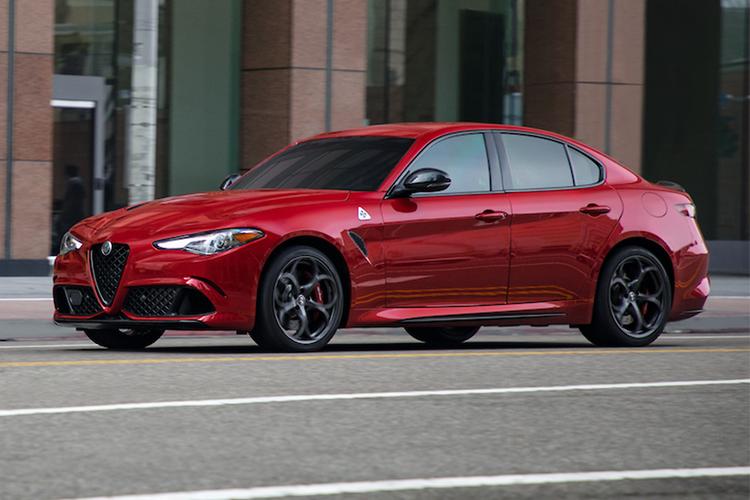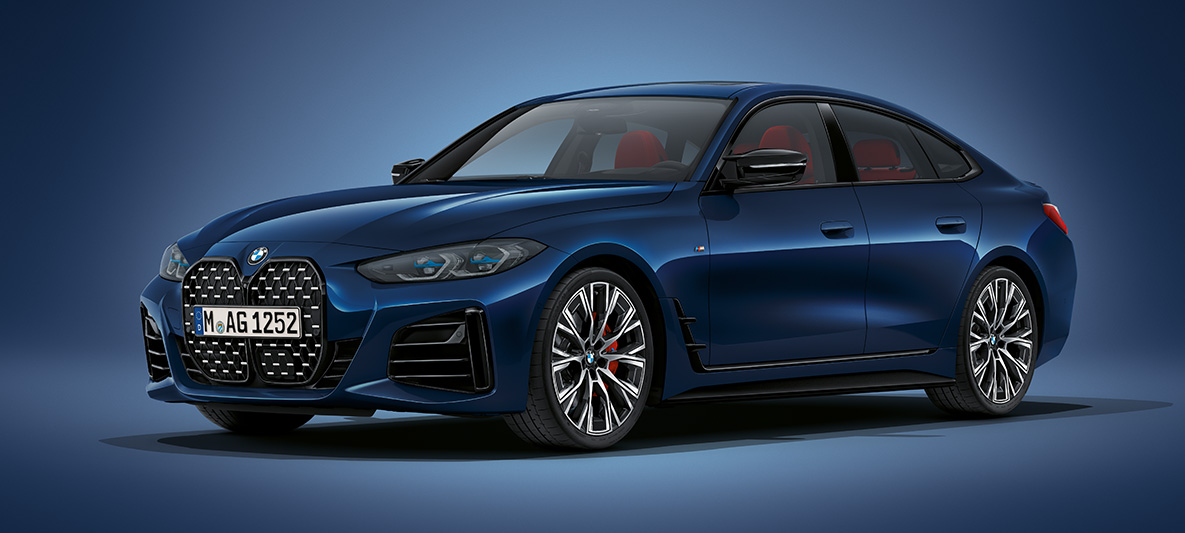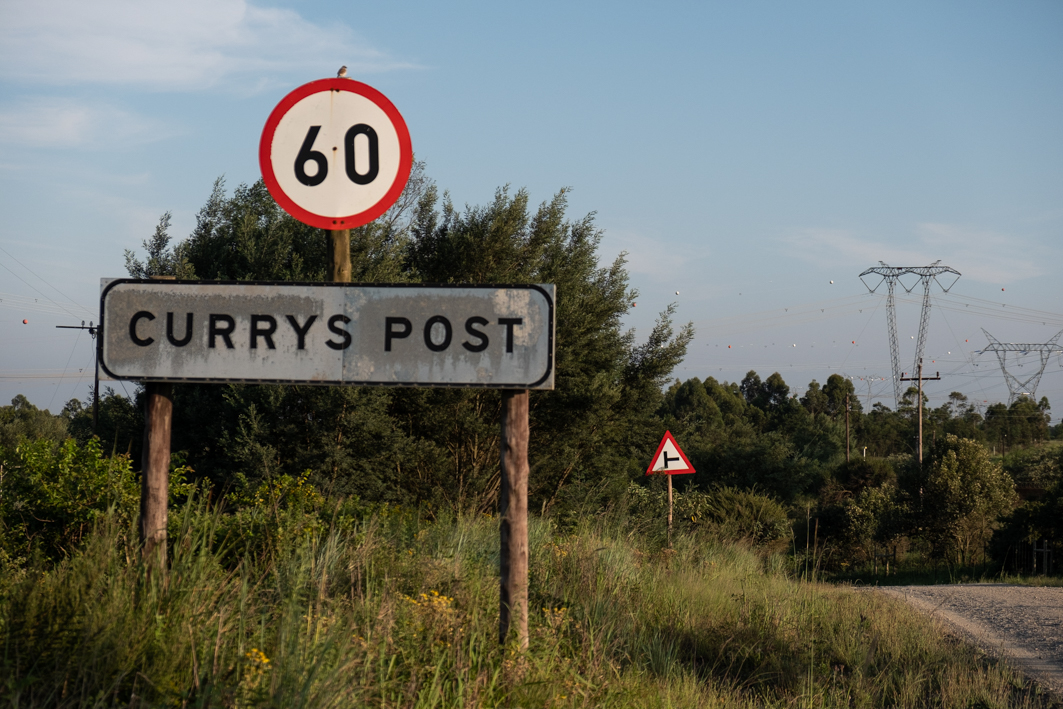With the petrol price climbing ever higher, it won’t be long before the large naturally aspirated petrol engine is a thing of the past. So let’s take a moment to mourn the passing of this automotive icon.
The large naturally aspirated petrol engine is on its last breath. As I write this, the petrol price in Gauteng is set to rise to R13,23 per litre. And by the time you read this, it will probably have risen yet again!
If you’re a fan of burly V6 (or, heaven forbid, V8) petrol mills, this is obviously very bad news. Running a 4×4 with a four-litre naturally aspirated petrol powerplant is now so expensive that even die-hard petrolheads will perhaps have to start embracing the clattering, smoking abomination that is the diesel engine.
A naturally aspirated petrol engine is a fantastic thing. It remains the benchmark by which all engines are measured. There’s nothing that can quite replicate its linear power delivery and uplifting sound. Is there anything as wonderful as putting your foot down in a V8-powered automobile and listening to the engine roar as it darts towards the horizon? It gladdens the heart and stirs the soul.
As you’ll see elsewhere in this issue, we recently tested the Land Cruiser double cab with a four-litre petrol engine. The moment we set off, we were reminded of why engines like this are so glorious. Thanks to the effortless power and refinement of the engine, the Cruiser was an absolute joy to drive.
With a 4,2-litre naturally aspirated oilburner under the bonnet, the Cruiser canbeabitofachoretopilot.Itis rough around the edges and lacks power. But with that four-litre V6 petrol engine, it offered a surprisingly refined ride, especially for something that is ostensibly a hardcore 4×4.
Yet, regrettably, these engines are going the way of the dinosaur. Not only is the global price of oil making them prohibitively expensive to run, but manufacturers are now focusing all their attention on creating fuel efficient oilburners that emit low amounts of CO2.
The good news, however, is that they are creating some truly marvellous diesel engines, two of which you can read about in this issue.
The first can be found in Porsche’s Cayenne Diesel S. It is a 4134cc V8 oilburner that offers 281 kW of power and 850 Nm of torque. It is a great engine – everything a V8 should be. It delivers its power in linear fashion and growls strikingly when you accelerate.
The second engine is in BMW’s X6 M50d. It has a relatively small capacity (2993cc), but thanks to three turbochargers, develops 280 kW of power and 740 Nm of torque.
Like the Cayenne’s oilburner, it provides loads of oomph and sounds very good. Despite being a V6, it sounds very similar to a petrol V8.
Of course, the main reason these turbocharged diesel engines are becoming so popular is that they
not only offer lots of power but also manage to remain fairly economical while doing it. BMW claims that the X6 M50d uses only 7,7 litres of fuel per 100km. That figure may be tough to achieve in real-world conditions, but it isn’t far off the mark. There’s no denying that the M50d is very frugal.
So why should we care that the naturally aspirated petrol engine will soon be as dead as a dodo? Well, because it’s tough to shake the feeling that something important is being lost along the way. Whatever it is we’re losing, it isn’t quantifiable, but it is nevertheless a significant loss. Why else would companies go to great lengths to replicate that distinctive V8 petrol rumble in their oilburners? Both BMW and Porsche have worked hard to replace that diesel clatter with the smooth purr of a V8. The X6 M50d even employs the audio system to pump a V8-like sound into the cabin!
If all we cared about was performance figures, the sound of an engine would be irrelevant. But it’s not. We are attracted to the simplicity and elegance of a naturally aspirated V8. It speaks directly to our soul in the same way that great classical music does. And a diesel engine – even one that is designed to replicate the sound of a petrol V8 – can seem joyless and prosaic by comparison. Listening to a diesel engine that’s been made to sound like a naturally aspirated petrol powerplant can be like looking at a computer rendering of the Mona Lisa, or listening to a high-quality recording of a long-extinct songbird.
Sure, you may find it pleasant, even beautiful, but it also leaves you feeling sad – acutely aware that something intangible yet valuable has been lost.








